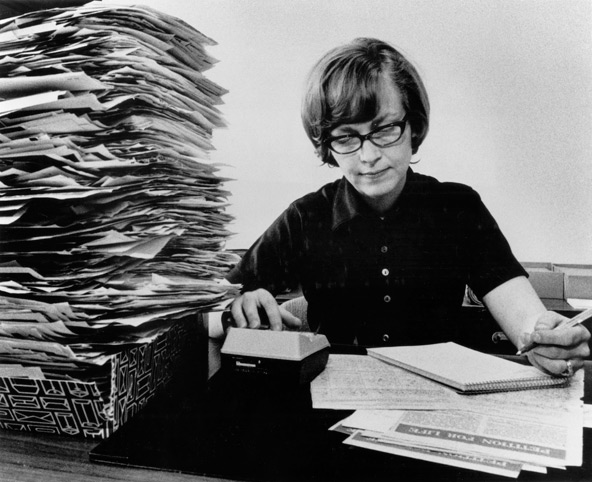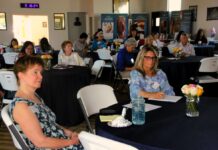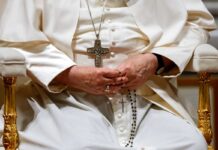
NOTRE DAME, Ind. (CNS) — In 1973, many people thought the U.S. Supreme Court’s Roe v. Wade decision would resolve the abortion debate, but “in fact, it was no resolution at all,” said the associate director of the U.S. bishops’ Secretariat for Pro-Life Activities.
“Abortion itself remains perhaps the most unresolved of all modern public issues,” Richard Doerflinger told participants in the Notre Dame Vita Institute. The decision raised more questions than it answered about the status of unborn human beings — both inside and outside the context of abortion — Doerflinger said in a June 19 lecture in which he analyzed 40 years of pro-life efforts since the high court legalized abortion on demand with its Roe ruling.
The historic abortion decision and its companion ruling in Doe v. Bolton, also opened debate about the legal status of other vulnerable humans already born, including handicapped, elderly and terminally ill persons. “In short, it (Roe) has forced us to confront the question of whether human life in general has dignity and inherent value simply because it is human life,” he said, “or whether life has a sliding scale of value and can be set aside or diminished, depending on the apparent usefulness or burdens of that life.”






